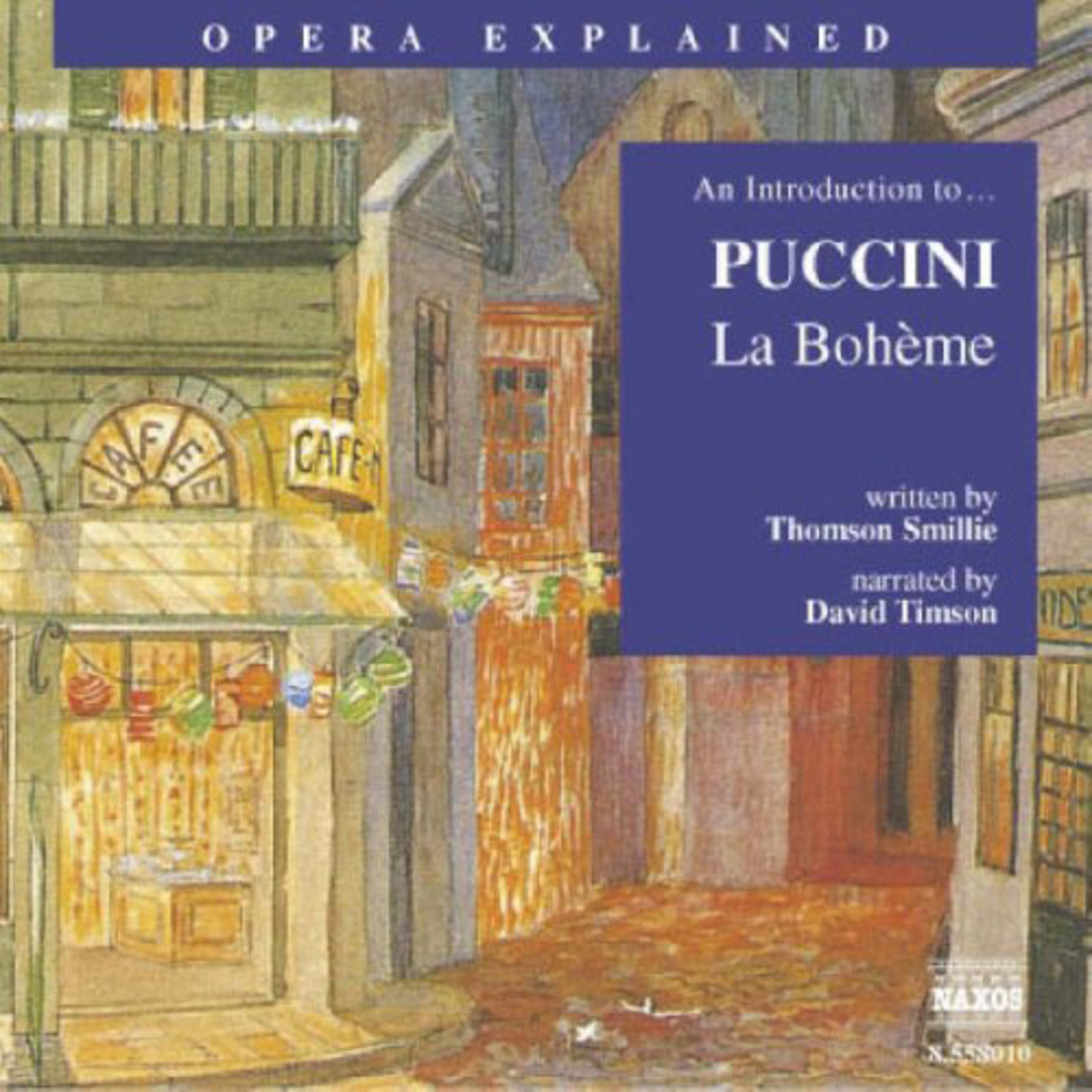

The finest of his now-unheard operas is Hans Heiling (1833 libretto by Eduard Devrient). Heinrich August Marschner displayed talent as orchestrator and melodist, and he applied his gifts to intensely Romantic and equally Germanic librettos. Living together in a small Parisian garret, Rodolfo writes, Marcello paints, Schaunard composes and Colline philosophizes. The beautiful Teatro del Giglio opera house in Lucca stages productions of Puccini’s operas and there is an excellent summer festival of Puccini’s operas in August and July at the open air theatre at Torre del Lago, with some very good restaurants for pre-opera suppers. The other German-language composers of opera active during this period were less important. One of opera’s most popular and enduring classics, Giacomo Puccini’s La Bohème, memorializes the ardent passions of young Bohemian artists struggling to love, create and survive in mid-19 th century Paris. Through much of the year, there are nightly performances of Puccini’s music in the Church of San Giovanni in Lucca. The Casa Natale (Birthplace) Puccini museum in Lucca is well worth visiting, as is the composer’s characterful lakeside house at Torre del Lago (30 minutes from Al Bastini). He went on to compose 12 operas, of which the most well-known and frequently performed are La Boheme, Madama Butterfly, Tosca and, his last opera, Turandot. Puccini studied in Lucca and Milan and composed his first serious work, a Mass, at the age of 21.

The Puccini family was a musical dynasty in Lucca, having held the role of maestro di cappella at the cathedral of San Martino in Lucca for 124 years. Giacomo Puccini, one of the world’s greatest opera composers, was born in Lucca in 1858.


 0 kommentar(er)
0 kommentar(er)
